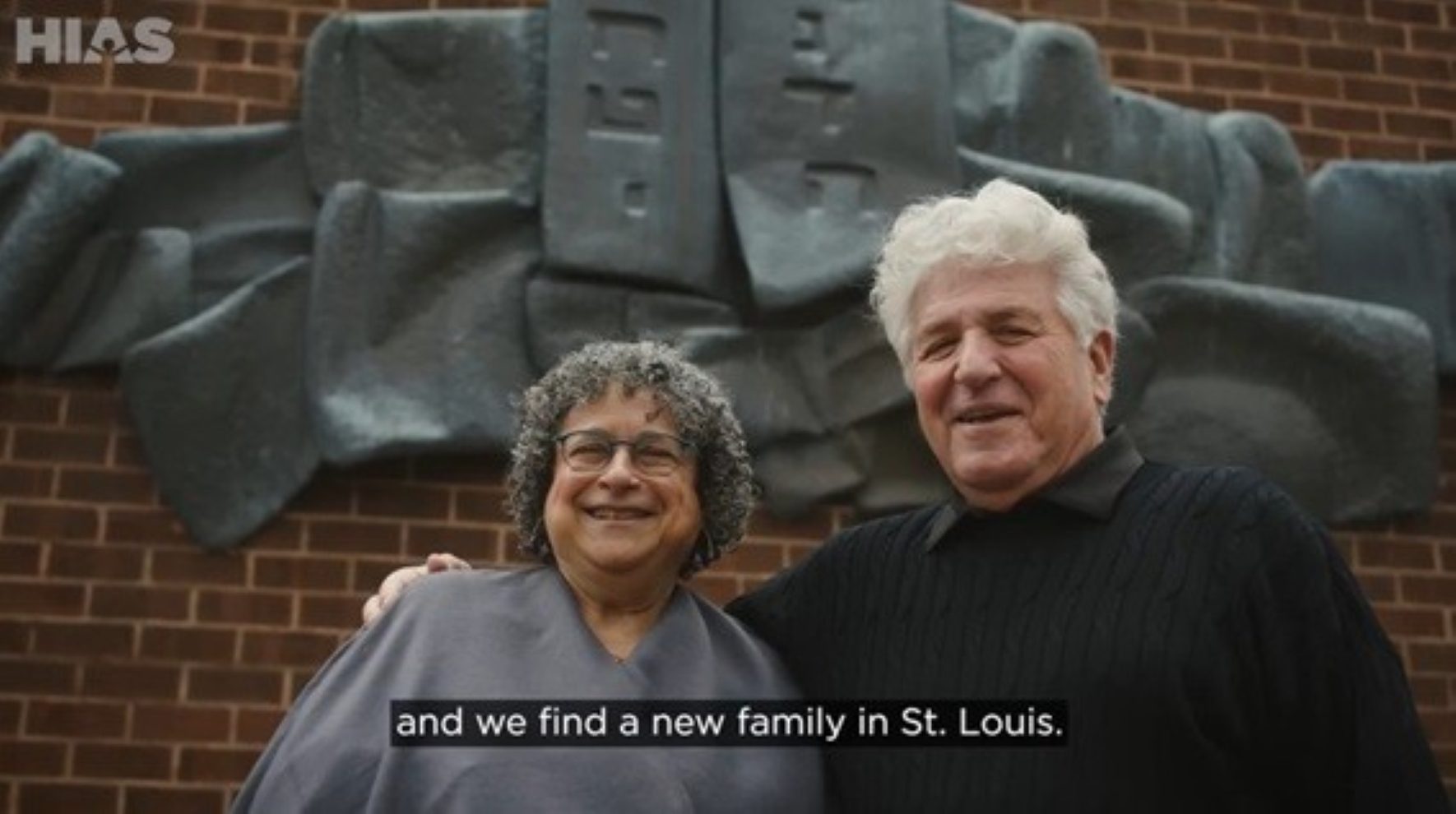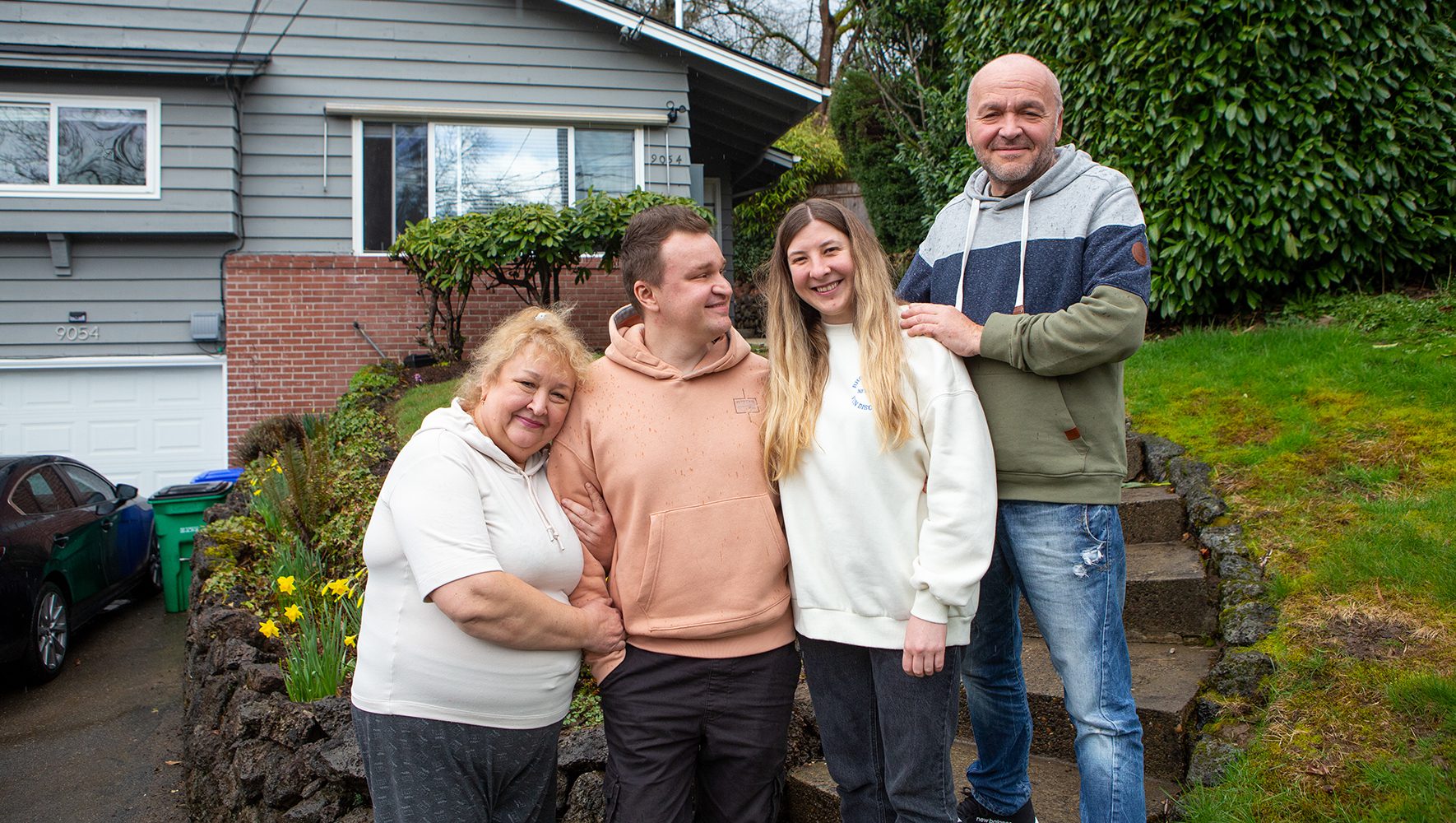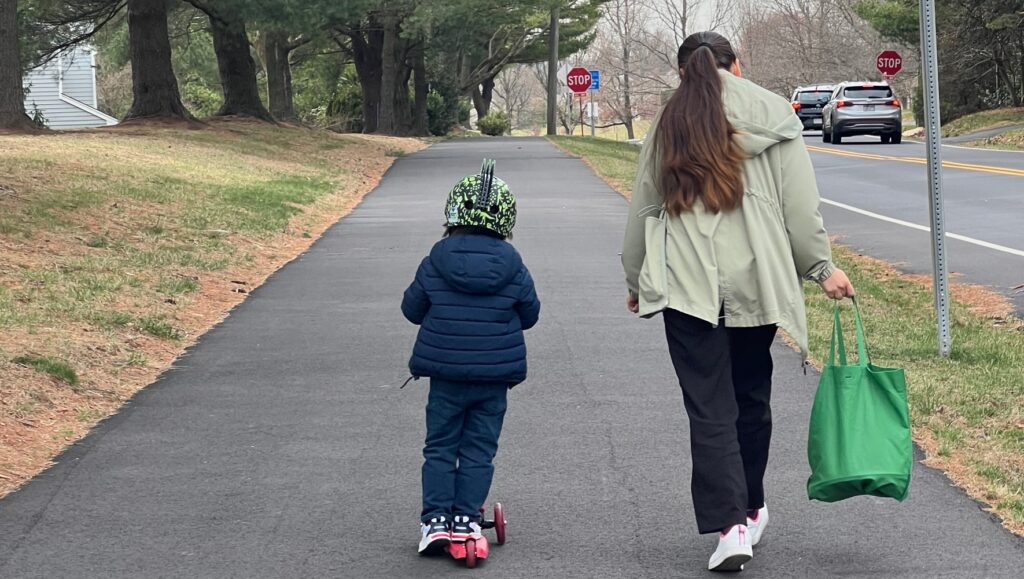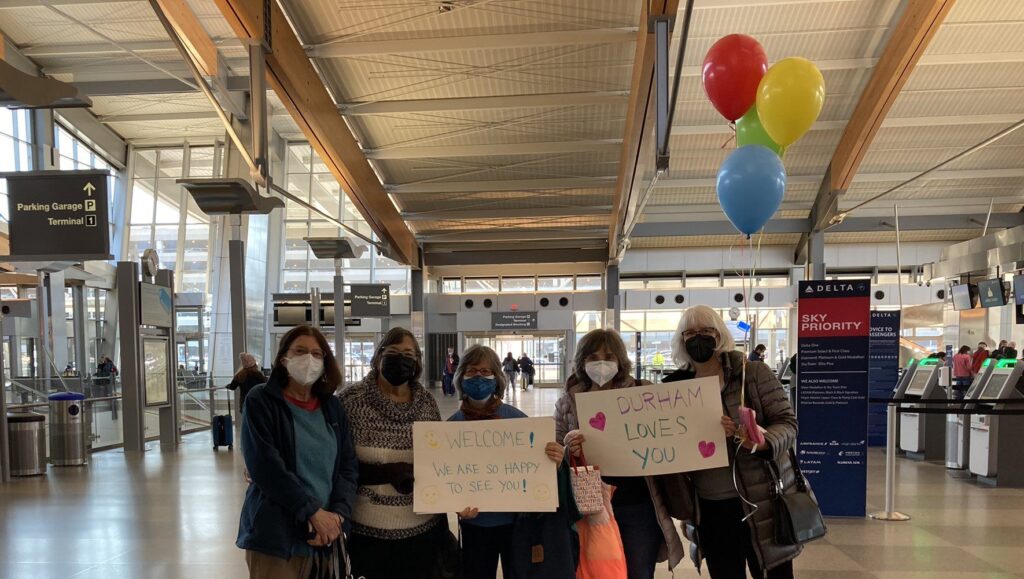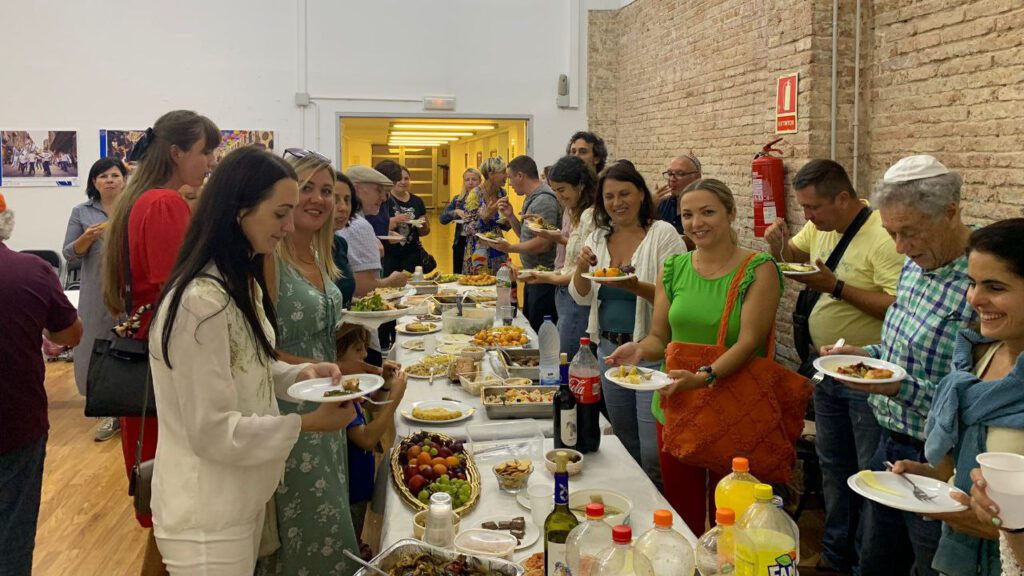What is a Welcome Circle?
A Welcome Circle is a group of 5-10 individuals who provide financial, resettlement, and emotional support to displaced families and individuals in the United States, with training and oversight from HIAS. Group members lead on different tasks, such as finding housing, signing up for benefits, helping enroll children in school, and assisting adults with job readiness and employment.
Welcome Circles support newcomers for six months or until they reach self-sufficiency. They can form as part of a synagogue, organization, community center, or other faith or interfaith community, or they can be made up of private individuals, and can be based anywhere in the United States.
Who can Welcome Circles help right now?
While the door to the U.S. has shut for almost all refugees, Afghan Special Immigrant Visa (SIV) holders who helped the U.S. mission in Afghanistan are still being granted entry to the country and are in need of communities to help them settle. Welcome Circles can apply to this program and will be matched with a family or individual who has been granted permission to travel to the U.S. but are afraid to arrive without someone to support them.
Afghan SIVs arrive to the U.S. with legal permanent residency, which means they have permission to work and a pathway to apply for citizenship.
How can I form a Welcome Circle?
Please note that all Welcome Circles must:
- Launch with a minimum of five people over the age of 18.
- Commit to a six-month period of support, with the goal of assisting adult newcomer(s) to achieve self-sufficiency.
- Raise a minimum of $1,000 per newcomer to assist newcomers with initial living expenses. Note that areas with higher costs of living should adjust their fundraising targets to account for this. HIAS can help you with your calculation.
- Pass mandatory background checks and an online training.
- Submit an online application.
Why Partner with HIAS?
HIAS has trained, supported, and provided ongoing guidance to more than 250 Welcome Circles across the U.S., serving over 800 individuals to date. We offer Welcome Circles a range of support including one-on-one guidance, online workshops and trainings, virtual office hours with technical experts, downloadable tools and guides, and an online Community of Practice that provides 24/7 access to resources, discussion boards, and more.
Contact
For more information about HIAS Welcome Circles, please email PrivateSponsorship@hias.org.
Impact Story
Private Sponsorship in the United States
Following the fall of Kabul in 2021, HIAS launched our first private sponsorship initiative, Welcome Circles, in response to the overwhelming need for additional resettlement capacity to help the 76,000 Afghans evacuated. As part of the Sponsor Circle movement developed by the Community Sponsorship Hub, HIAS’ network of volunteers came together to welcome Afghan evacuees into their communities.
When Russia invaded Ukraine in 2022, displacing nearly eight million people from the country, HIAS’ private citizen-powered model met the needs of displaced Ukrainians too. HIAS worked with Oxford University and Worcester Polytechnic Institute to develop RUTH, a proprietary platform that considered the resettlement preferences and unique circumstances of displaced Ukrainians in need of sponsorship when matching them with Welcome Circles in the U.S.
With the advent of the Welcome Corps, the largest expansion to the U.S. Refugee Admissions Program in forty years, sponsors were given the opportunity to welcome refugees from around the world. This included specific loved ones whom they could name in their sponsorship applications, thereby allowing sponsors to refer refugees to the U.S. State Department for resettlement consideration for the first time since the Refugee Act of 1980.
The Executive Orders signed by the incoming Trump administration on January 20, 2025, suspended all new arrivals of refugees and humanitarian parolees through the Welcome Corps program as well as humanitarian parole pathways. For this reason, Welcome Circles are currently only able to support newcomers who are in the U.S. now or have been issued a visa (for example, a Special Immigrant Visa) to enter the country.
